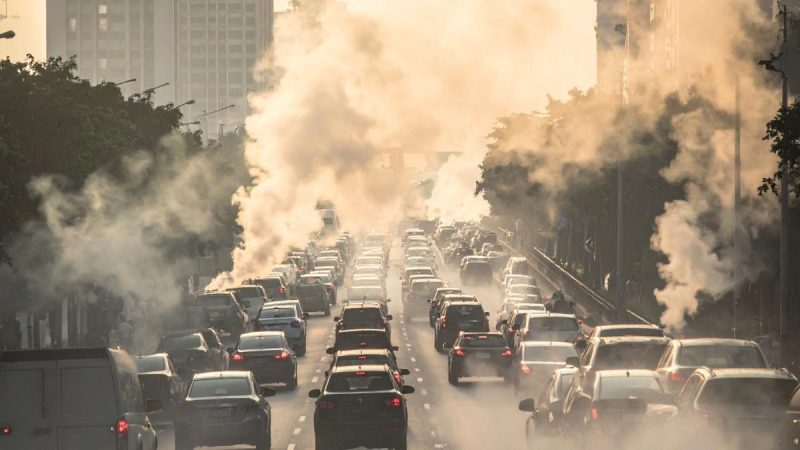Bengaluru has been struggling with pollution for years, but now, the situation is getting worse. Both air and water quality are showing worrying signs, prompting officials to take stronger action. This growing concern has pushed the Karnataka State Pollution Control Board (KSPCB) to roll out new measures to improve the Bengaluru AQI. Scroll down for more details.
Bengaluru AQI Gets Worse
In recent weeks, Bengaluru’s air quality has worsened. Many parts of the city reported high PM2.5 levels. How can it affect the residents? It can cause breathing problems and other health issues. On Friday, the city recorded an AQI of 110. This falls under the “Unhealthy for Sensitive Groups” category. Earlier in the week, the AQI touched 178, which is significantly worse. Even the lowest reading in the last two days stayed around 99, showing that the air has not improved much.
According to Hindustan Times, observing this trend and addressing this issue, KSPCB chairman PM Narendraswamy said the board is consulting the Central Pollution Control Board (CPCB) and independent experts. One key plan is the installation of air purifiers at busy traffic junctions. The authorities have already started working on it. Earlier pilot tests showed encouraging results. Because of this, the board has approached CPCB for approval to install more purifiers across the city. This move could help lower pollution levels in high-traffic areas where dust and emissions are usually the highest.
Also Read: How Did A Delivery Blunder Win A Bengaluru Woman ₹1 Lakh Compensation For A ₹145 Sandwich?
Water Quality In Bengaluru
In Bengaluru, both air and water quality are deteriorating. Narendraswamy called the situation is “critical.” He revealed that over 90% of sewage treatment plants (STPs) in Karnataka are not functioning. Many apartments, industries, and residential layouts have STPs, but they are not of much help as they remain idle or operate poorly.
He also highlighted that bad water quality is also because of industrial development authorities. They are focusing more on land development and ignoring the need for proper effluent treatment. This neglect has played a major role in polluting many of the state’s waterbodies, reported Hindustan Times.
To solve this problem, KSPCB has proposed a joint enforcement task force. This team would include officials from KSPCB, the Greater Bengaluru Authority (GBA), BWSSB, and KIADB. Their combined effort aims to improve monitoring, strengthen action, and ensure better maintenance of treatment systems.
Do you think these new methods will help improve the condition in the city? Tell us in the comments below!
Also Read: As Fake Nandini Ghee Floods Bengaluru Markets, Here Are Ways To Identify Fake Ghee At Home
Cover Image Courtesy: Canva Pro/ indahlestar29 (Representative Image)

